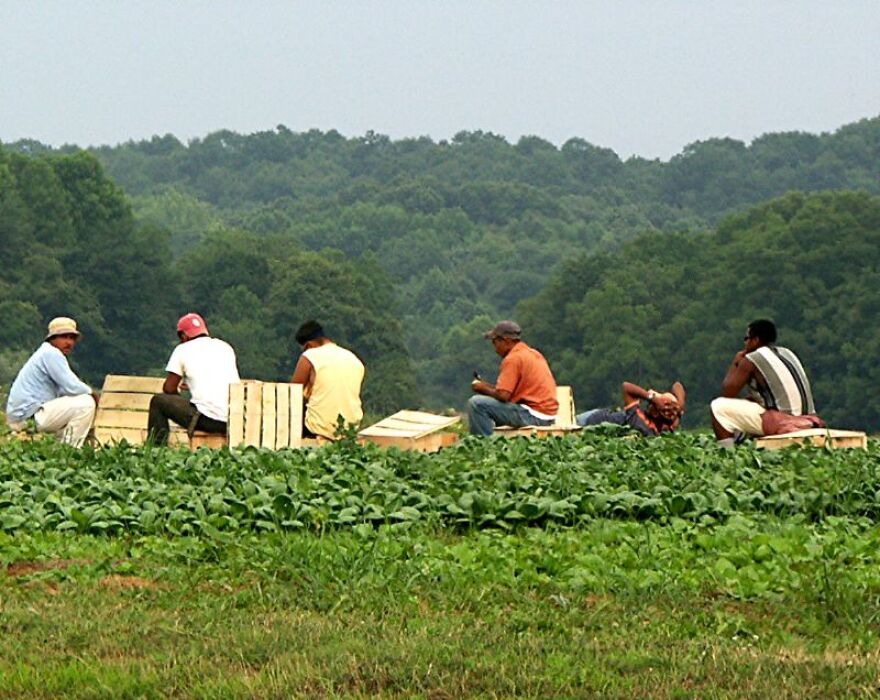Owners of smaller local farms in New York are warning that a proposal to pay overtime after their workers reach 40 hours each week could put some of them out of business.
A state wage board is set to consider lowering the overtime threshold from 60 hours.
Until 2020, farm owners did not have to pay overtime until their workers had spent 80 hours in a week doing work like picking crops or milking cows. But a 2019 law required that the threshold be lowered to 60 hours a week.
Farmers like Brian Reeves, who owns a vegetable and berry farm near Syracuse, said they have adjusted. He said he hired 15 more workers than in previous years so that everyone could keep to the 60-hour limit, and he did not have to pay overtime.
“When the threshold is at 60, many farms can make minor adjustments,” Reeves said. “Pay a little overtime, get a few more workers, it works out.”
But the 2019 change included a provision that allows a state Department of Labor wage board to periodically revisit the 60-hour threshold and decide whether it should be lowered to 40 hours a week to match nearly every other industry in the state and the nation.
The board decided at the end of 2020 to leave the 60-hour threshold in place, but to reevaluate that decision in mid-December.
Assemblyman Billy Jones, a Plattsburgh Democrat, was one of a handful of lawmakers who joined the farmers. Jones, who grew up on a dairy farm, said the farms run on an extremely thin profit margin and simply cannot afford a 40-hour threshold for overtime.
“This will be the death knell for many of our farmers,” Jones said. “They just can’t do it.”
The farmers came to the capitol to deliver letters to Gov. Kathy Hochul, urging her to support keeping the 60-hour threshold for now. They argued that their businesses face unique challenges that other industries do not. Reeves said crop harvests are beholden to the weather, and there is often a very limited window to get the work done.
“These aren’t widgets where we can make them months ahead, store them in a warehouse, sell them when the market improves,” Reeves said. “The product is perishable. Timeliness is critical."
The Senate sponsor of the original legislation, Sen. Jessica Ramos, was hesitant to back enacting the 40-hour threshold right now.
Speaking on public radio station WCNY’s "The Capitol Pressroom" earlier this fall, Ramos said farmworkers deserve the rights that other employees have. But she said she understands that coping with the COVID-19 pandemic and severe storms caused by climate change have added to the farmers’ burdens in the past couple of years.
“I trust the wage board to take all of these factors into consideration and make the best possible decision,” Ramos said. “I want to see a path to 40 hours as soon as it makes sense for our economy.”
The Farm Laborers Wage Board has not yet set a date for a meeting, but their decision is due by Dec. 15.


